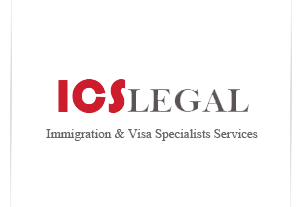New York, NY – A $10 million fraud lawsuit has been filed by Todd Michael Cohan, alleging that Smarsh Inc. duped him into selling his company MobileGuard and then intentionally missed post-deal earn-out milestones by building a product that cannibalized revenues. In the lawsuit, Cohan claims Smarsh breached the purchase agreements and misappropriated intellectual property to develop a competing platform, then diverted millions of dollars in potential revenue from MobileGuard’s platform to its own. The lawsuit was filed on January 19 in Delaware Chancery Court by Cohan, who is represented by Hogan McDaniel and Robins Kaplan LLP. The plaintiff seeks punitive damages, costs, fees and recession of the intellectual property assignment.
Cohan founded MobileGuard in 2008 and grew it to become a pioneering company in mobile communication monitoring and retention solutions. Various companies were interested in utilizing MobileGuard’s technology and patents, including Smarsh, AT&T and Verizon Innovation. Initially, MobileGuard and Smarsh entered into a reseller and license agreement that enabled Smarsh to resell MobileGuard’s software products and services, or license them in combination with other equipment and software programs to end-users for a limited amount of time for a certain monetary amount. Under this agreement, Smarsh didn’t have any rights, titles or interests to MobileGuard and its intellectual property.
Throughout their six-year agreement, Smarsh frequently inquired about buying MobileGuard. The lawsuit claims “Smarsh fraudulently induced Cohan to enter into a stock purchase agreement and intellectual property assignment agreement” and Cohan assigned his intellectual property to MobileGuard, which was subsequently sold to Smarsh. The plaintiff alleges that “Smarsh actively concealed that it had breached the reseller and license agreement and misappropriated his intellectual property, to develop its own competing product.”
In a case that parallels “David v. Goliath,” Cohan is bringing claims against Smarsh for fraudulent inducement and breach of contract and seeks to rescind the contractual agreements while seeking monetary damages.
Smarsh hasn’t responded to a request for comment.




